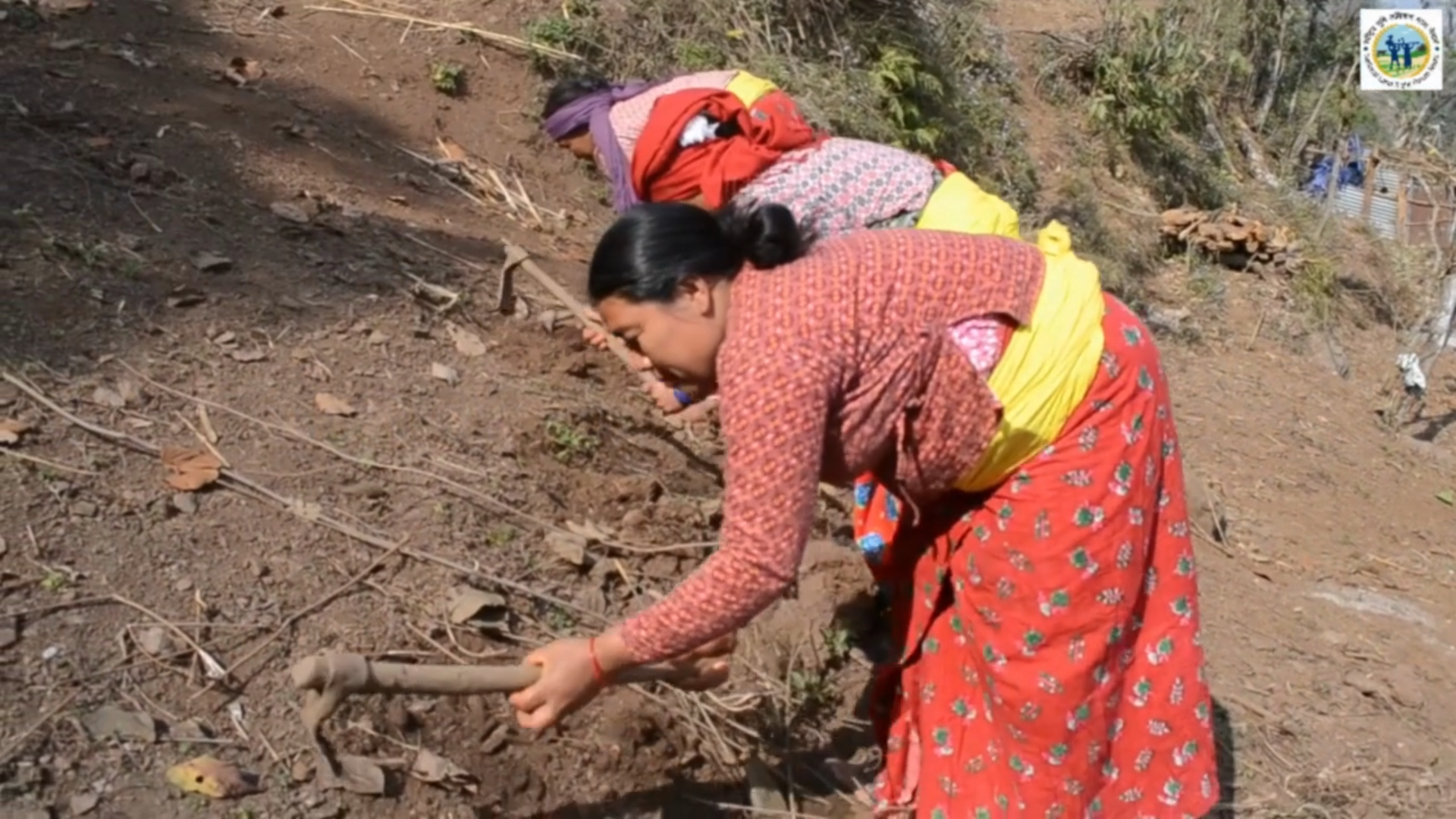The Chepang community, a marginalized minority residing predominantly in Nepal’s Bagmati province, heavily relies on forest resources for their livelihoods, particularly in the high hills. Despite their landless status, their lives and vibrant culture are intricately linked to the bounty of nature. They express deep reverence for the land, even venerating it as a deity during the full moon of February, marking the commencement of khoriya digging and slash-and-burn agricultural practices.
A poignant tradition within their culture is the gifting of a butter tree, known as the ‘Chiuri tree’ in Nepali, during a daughter’s marriage. This ritual underscores their profound connection with the forests and their commitment to conservation. They nurture these butter trees as if they were their own children, recognizing their multifaceted utility. Every part of the tree, from its fruit and wood to its leaves and seeds, finds purpose. Leaves are ingeniously transformed into makeshift bowls and plates, while the forest of butter trees provides a conducive environment for beekeeping and honey production, contributing to income diversification.C
hepang women play a pivotal role in cultivating nutrient-rich crops like maize, finger millet, and buckwheat. They also engage in foraging for various foods, fruits, medicinal herbs, and vegetables, including aerial yam, fiddlehead greens, and stinging nettles. The sloped and uncultivated terrain necessitates the use of small hoes for farming, although modern vegetable farming methods are gradually being adopted, albeit with labor-intensive challenges. These Chepang women are the backbone of farm production, involved in every aspect from seed to table. They serve as guardians of traditional food systems, drawing upon their indigenous wisdom, practices, and cultural heritage to sustain and conserve their unique way of life.
_____
The “Women Ensuring Food Security and Nutrition: Forgotten Foods Cooking Contest” is organized by the consortium Asian Farmers’ Association for Sustainable Rural Development (AFA) and La Via Campesina (LVC) through the Asia-Pacific Farmers’ Program (APFP) – Farmers’ Organizations for Asia (FO4A) and Assuring Resiliency of Family Farmers (ARISE). APFP-FO4A is supported by the European Union (EU) and the International Fund for Agricultural Development (IFAD). ARISE is supported by IFAD.
More info at https://asianfarmers.org/women-ensuring-food-security-and-nutrition-forgotten-foods-cooking-contest/




Comments are closed